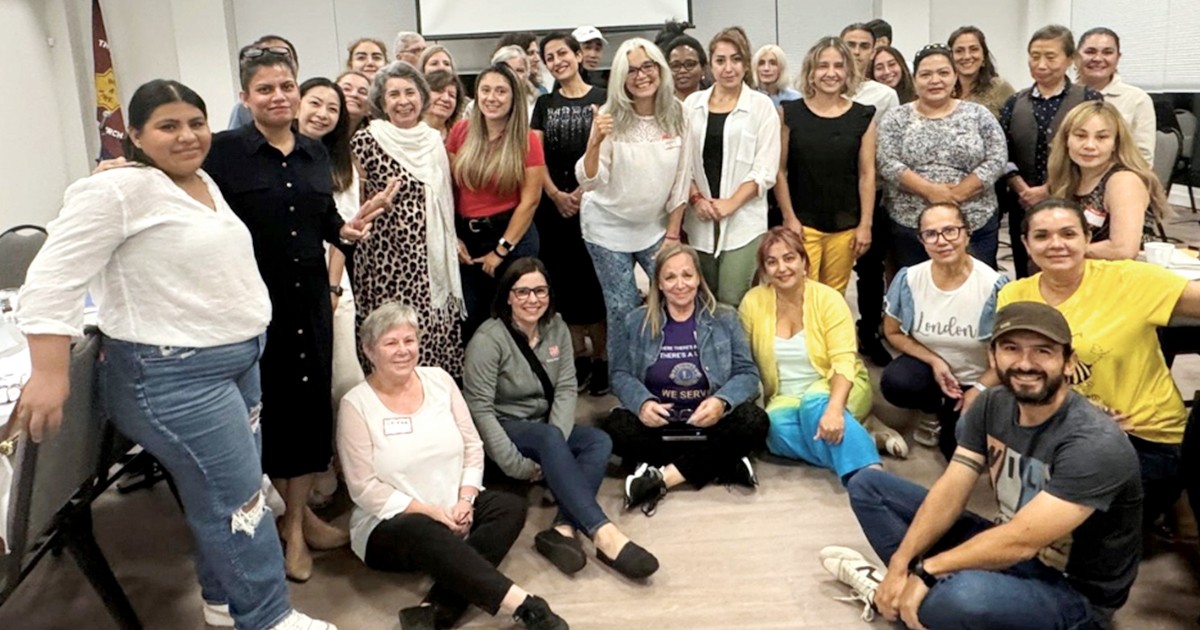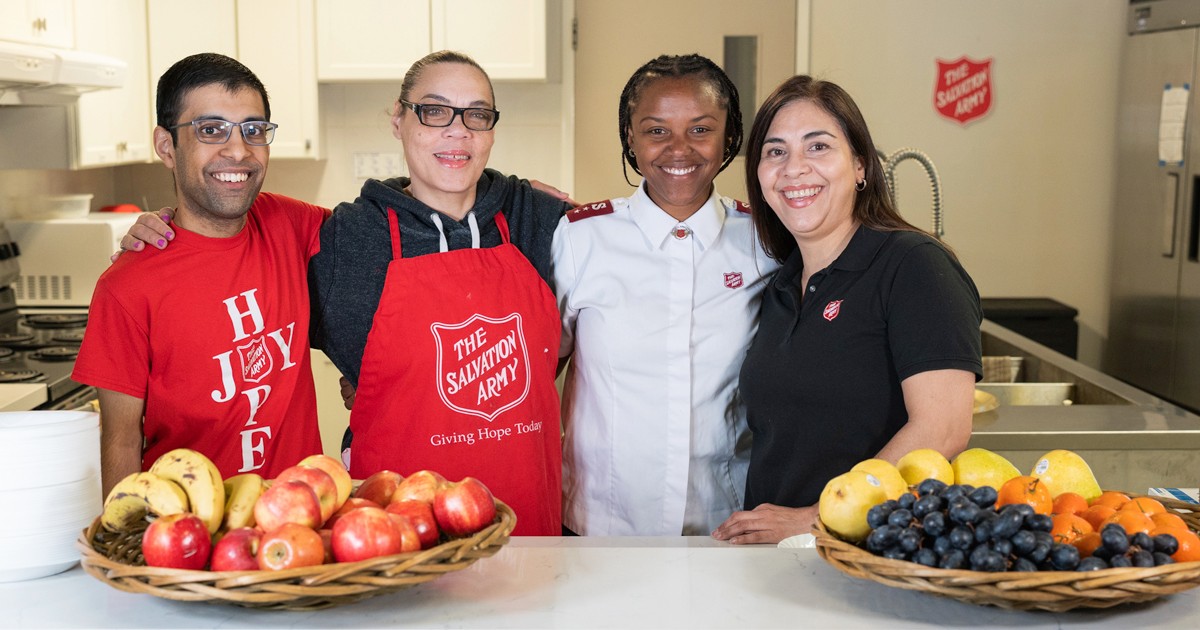Cultural appropriation is the adoption or use of elements of one culture—ideas, symbols and artifacts—by members of a different culture. Some views distinguish between “appropriation” and “misappropriation”—when cultural elements are used outside their original context, in a disrespectful way. It's a form of cultural theft.
Was it offensive for Justin Bieber to wear dreadlocks, or is it just hair? CBC reporter Lauren O'Neil outlined criticisms of Bieber's choice: “It's not just hair to those who wear dreadlocks for cultural, political or religious reasons. Rastafarians in Jamaica for many years faced discrimination based on their appearance, for example. It's not 'just hair' for men and women who've been fired, sent home from school and even physically assaulted over what's on their own heads, either.”
It's not clear to me that wearing dreadlocks is outright (mis)appropriation. A clearer example would be when white people wear “black face.” The historical struggle faced by people of colour is diminished when their appearance is used for fun and amusement. For me, this is disrespectful and offensive and has no place in society.
We need to be aware of how cultural appropriation can creep into our lives in small ways, in the jokes we tell or laugh at, in the things we say or don't say
Consider also the names of the following sports teams: Edmonton Eskimos (Canadian Football League); Cleveland Indians (Major League Baseball); Chicago Blackhawks (National Hockey League); Washington Redskins (National Football League). I believe these team names, and their logos, are belittling and offensive to our Indigenous neighbours and friends. The last two, the Chicago Blackhawks and the Washington Redskins, present an interesting case.
The Chicago Blackhawks take their name from an infantry division that fought in the First World War. The division was named for Chief Black Hawk, a Sauk leader and an important figure in the history of the state of Illinois. Some argue that this name is not offensive because it's based on an individual, not an entire community. I'd like to know how the Sauk community feels about the name. If they are offended, I would side with them.
Washington Redskins is an offensive team name, period. It dehumanizes an entire community of people. I've read that some sports magazines will not print the word “Redskins,” referring to the team as solely “Washington.” This past season, Phil Simms, a former NFL quarterback and current broadcaster with CBS, refused to use the word “Redskins” when working a game featuring Washington. We would never accept a professional sports team called the Washington N-words or the Washington Whiteys. It's time to change the name.
Cultural appropriation has theological, spiritual and practical implications. As Christians, we believe everyone is created in the image of God. We need to reflect carefully on how our attitudes and actions impact other people. We need to be aware of how cultural appropriation can creep into our lives in small ways, in the jokes we tell or laugh at, in the things we say or don't say.
Perhaps there are positive ways to appreciate other cultures. For example, singing a spiritual to commemorate Black History Month; celebrating a seder meal in solidarity with Jewish friends; or creating an Indigenous craft in Sunday school to learn about our First Nations. In each instance, it's important to take our cues from others who “own” these traditions. Even in writing this article, I'm aware that, as a white male, I'm coming from the perspective of the dominant culture, and I have much to learn.
As The Salvation Army, we need to ask ourselves if we are sensitive to other cultures and ethnicities in our church congregations and as an organization. Are there times when we belittle or offend other cultures without knowing it? How can we acknowledge, encourage and respect cultural differences without stereotyping people? How do we make room for people to express themselves in their own way? Where do we need to change?
Captain Mark Braye is the corps officer at Sarnia Community Church, Ont.










Comment
On Monday, September 5, 2016, Michelle said:
On Wednesday, July 20, 2016, Jac said:
The mention of sports teams seems to have struck a nerve and the point of the article is being missed. I thank you for your emphasis that we need to be sensitive to the cultures that own the traditions, rather than arrogantly assuming we have the right to imitate or reproduce for our own purposes.
On Tuesday, July 19, 2016, Ian Scott said:
To make assumptions based on one writer's comments is to be falsely informed.
That being said, there is usually an element of truth in what is written. If it were not so then it would not inspire reflection and opinion and comment in the first place. That being said, we in The Salvation Army must certainly be aware of what we are posting, writing, saying, and representing since we are part of a large world-wide organization and we are subject to cultural norms, expectations, nuances, and the public's expectation of who we are and what we do.
As always, read on.
On Wednesday, July 13, 2016, Tom Jeraldson said:
On Wednesday, July 13, 2016, Gerald Thompson said:
On Monday, July 11, 2016, Murray D Clare said:
This article on Hijacking culture is a real eye opener. Ever hear the comment( I believe Mark Twain)
"Imitation is the sincerest form of flattery." . clothing styles and hair have always been a statement about self. If they imitate another culture, that is even cooler
Sometimes mimicking another culture's dress code is respectful, especially if in their country. Sometimes it is even practical ! In our country, it is simply one's personal choice. No judgement implied or spoken. It is just cool.
The big thing with me though, is for the writer to suggest that Christians (he didn't mention from what part of the world or culture he is talking about (because that could maybe throw his argument askew) but suggests that the white christian population( which incorrectly does not represent the majority of the christian world ) needs to be more sensitive. Perhaps we can be more sensitive if we take off our self righteous blinders and realize that our clothes and dress code is not what needs to be the sensitive "issue" but rather
our universal and common desire to be worthy of our community's respect.
On Sunday, July 10, 2016, Ada Niseworthy said:
On Saturday, July 9, 2016, T Fensch said:
I wonder, does Captain Braye know that surveys show that Indians/Native Americans in the US basically don't care about the name "Redskins"? So if it doesn't bother them, isn't Captain Braye imposing some sort of superior morality on them by insisting that they should?
Many sports names for Indigenous people in the USA were created to honor those people. The Cleveland Indians, for example, were so named to honor an early player on the team, Chief Sokalexis, who was, legend has it, an astonishingly good player. I can think of no team that chose an Indian/Native American/Indigenous Peoples name for the purpose of mocking or belittling that group.
The Florida State Seminoles are, of course, named after the tribe that still lives in Florida. When the National Collegiate Athletic Association told the school to remove its Indian mascot, the Seminole tribe basically asked the NCAA why they didn't consult with the tribe first. They also told the NCAA to MYOB. The mascot stayed. Same with the San Diego Aztecs whose student body, many of whom are Native Hispanics, voted overwhelmingly to keep the mascot.
In the vast majority of cases, people protesting Indian/Native American/Indigenous Peoples names are the same small group of agitators who demand the world live by their angry point of view.
I have the utmost respect for the SA, but I have to wonder if Capt. Braye doesn't have more pressing things to do in God's service than to further the PC agenda.
Leave a Comment